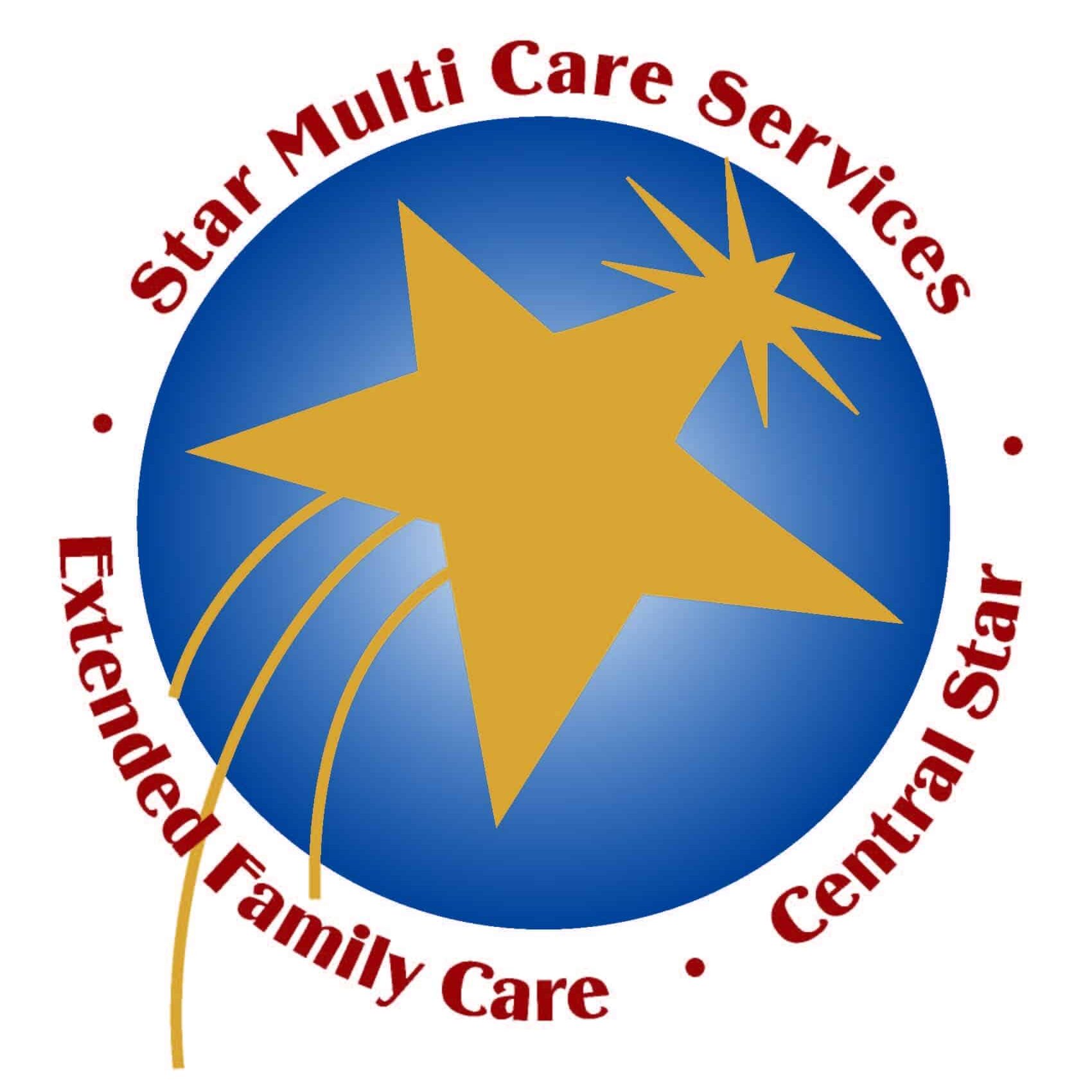
Broken hips are a common injury among the elderly and 95 percent of them are caused by falls. Every year, over 300,000 people over the age of 64 are hospitalized due to these debilitating injuries. Fortunately, there are steps that you and your parent can take to help prevent btoken hips.
Steps to Take
- Contact their primary health care provider to discuss your parent’s risk factors and how to help minimize them. Osteoporosis is one of the main risk factors for this type of injury. This disease that results in thinning of the bones can often be prevented with a diet rich in calcium and vitamin D and an exercise regime that consists of weight-bearing exercises. If they have not had a recent evaluation, ask their doctor if it is time for a bone density scan.
- Make a list of your parent’s medications—including over-the-counter drugs and supplements—and ask their pharmacist to look it over for any drug interactions or prescriptions that could cause dizziness and loss of balance.
- Schedule daily exercise for your parent. This should include an activity that strengthens bones and muscles as well as increases flexibility, stamina and balance. Good choices include brisk walking, stationary bicycling, tai chi and water aerobics.
- Make yearly appointments with your parent’s ophthalmologist and audiologist.
- Create a safe home environment. This involves removing any tripping and slipping hazards such as throw rugs, wires and furniture that is intruding on commonly walked pathways. Place grab bars in strategic areas such as the shower and by the toilet. Place non-skid mats in the shower and by the sinks. If your loved one has stairs in the house, make sure they have banisters on either side. If your parent can no longer navigate the stairs safely, consider a stairwell lift or moving their bedroom downstairs. Remove any clutter and make sure their home is well lit.
- If you notice your loved one’s gait has changed and that they are holding onto walls and furniture as they navigate through their home, it may be time to consider a mobility aid such as a walker or a cane. Make an appointment with their primary health care provider or physical therapist to discuss the options. It’s vital that these types of aids be accurately assessed and measured or they can produce a greater hindrance to successful mobility.
Elder Care Provider
If your loved one requires help with moving throughout their home safely and with the daily activities of living, consider obtaining the services of an elder care provider. They can not only help with everyday tasks such as bathing, meal preparation and dressing, they can also help support your loved one as they move through their home and help transfer them from sitting areas, the bedroom and bathroom.
If you or an aging loved one are in need of elder care in Great Neck, NY or the surrounding areas, contact the caring professionals at Star Multi Care Services today at (631)956-8835. We are the Right Choice for Home Health Care Services!
Resources
https://www.cdc.gov/homeandrecreationalsafety/falls/adulthipfx.html
- Health Benefits of Yoga for Seniors - April 24, 2025
- How Does Hospice Care Help Aging Adults Plan for the End of Life? - April 16, 2025
- Ways a Client Advocate Can Improve Your Loved One’s Quality of Life - April 9, 2025

